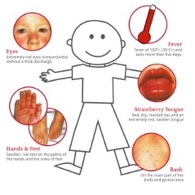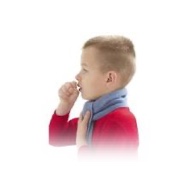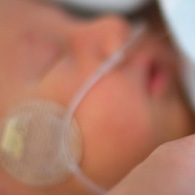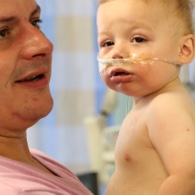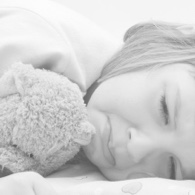Kawasaki Disease Research Fund
KAWASAKI DISEASE RESEARCH
Kawasaki disease is a rare condition that mainly affects children under the age of five. The characteristic symptoms are a high temperature that lasts for more than five days, with:
- a rash
- swollen glands in the neck
- dry cracked lips
- red fingers or toes
- red eyes

It is thought that Kawasaki disease is caused by an infection, although the exact cause is not fully understood.
Kawasaki disease causes the blood vessels to become inflamed and swollen, which can lead to complications in the coronary arteries (the blood vessels that supply blood to the heart).
Up to 5% of children with Kawasaki disease experience complications with their heart. In about 1% of cases, the complications can be fatal. Because of this, the condition has become the leading cause of acquired heart disease in the UK.
A unique team, led by Professor Jane C. Burns, MD ( Rady Children’s Hospital San Diego USA ) and Professor Michael Levin ( Imperial College London) have combined the research expertise of two world leading research groups with long term commitment to research on Kawasaki disease.
Through a collaborative program of work they aim to:
- discover the cause of Kawasaki Disease
- develop a diagnostic test
- understand the genetic basis of Kawasaki Disease
- develop new treatments.
Efforts to advance Kawasaki Disease research will now go twice as far thanks to the Gordon and Marilyn Macklin Foundation. The Macklin Foundation has given The Kawasaki research collaboration an incredible opportunity to rapidly advance Kawasaki Disease research by matching gifts dollar for dollar up to $2.5 million!
COSMIC is supporting the research and has agreed to coordinate the Kawasaki specific fundraising for this exciting project.
If you wish to make a donation you can do so at COSMIC’s Kawasaki Disease Research fundraising page here
For Parents
Please check out this useful video from the Kawasaki Research Foundation or the links to the latest news about Kawasaki below:
- Signs and Symptoms NHS
- Kawasaki Foundation Information KD Informational Handout
How to get involved
Help us raise awareness and funds to support important research into life changing disease.
- Take part in a COSMIC event for Kawasaki Research (just pick an event and let us know that you would like the money to go towards Kawasaki Research in the UK)
- Send us your stories and pictures to help raise awareness – email info@cosmiccharity.org.uk
- Blog for us – this could be about Kawasaki Disease, your experience of Kawasaki Disease or your fundraising activity. Get in touch if you would like to blog.
- Organise your own event – from bake sales, to birthday donations, to running events – there are a whole host of ways you can raise money for Kawasaki Research. Below are some tools to help you do this and to raise awareness of this important disease and the need for more research.
Tools for fundraising
Help us raise awareness and funds to support important research into life-changing disease.
- Fundraising Ideas
- Kawasaki Research Poster 2017
- KD informational handout
- Kawasaki research opportunity leaflet
- Gift Aid Declaration (HM)
- Sponsorship form Kawasaki Research Fund
- Kawasaki Disease logo
- Kawasaki Disease Research Fund Straplines:-
- COSMIC Logo
- Signs and Symptoms Poster – Kawasaki Signs Symptoms Poster
Also, if you would like to fundraise for this research project or have any further questions please do get in touch and email us at info@cosmiccharity.org.uk
Tuberculosis
TUBERCULOSIS
Fighting Tuberculosis
In 1996, Professor Levin’s research team identified the first human gene that causes susceptibility to tuberculosis. The paper revealing this discovery is one of the most frequently cited papers in tuberculosis research in the last ten years.
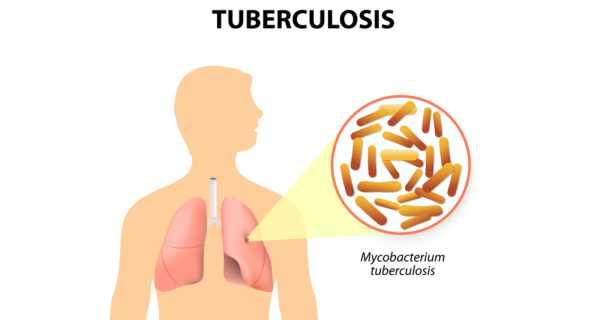
Meningococcal Disease
MENINGOCOCCAL DISEASE
Ground Breaking Research
The team at St Mary’s investigated the reasons why some patients with meningococcal suffer blood clots and loss of limbs and others come through the disease relatively unscathed.
The team ground breaking discovering identified a new defect in a specific protein controlling blood clotting. This discovery opened up a whole new pathway for medical intervention, and led to a trial of a new form of treatment (activated protein C) which has helped to significantly improve the outcomes for children with septic shock.
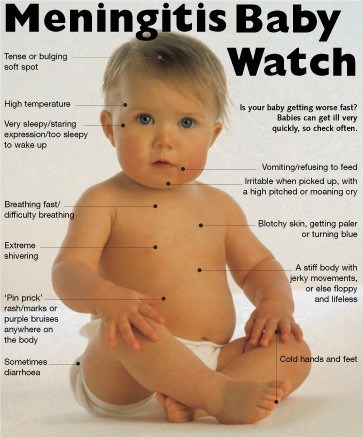
Emotional Support For Parents
Emotional Support For Parents
Supporting Well Being
COSMIC has funded research which looked at the provision of information to families to help improve psychological outcomes following a child’s admission to paediatric intensive care (PICU).
The booklet being tested as part of this research is targeted at families of children aged 4 years and above, but the researchers also wanted to develop a booklet for families of the under 4’s so their future research would be accessible and relevant to more families.
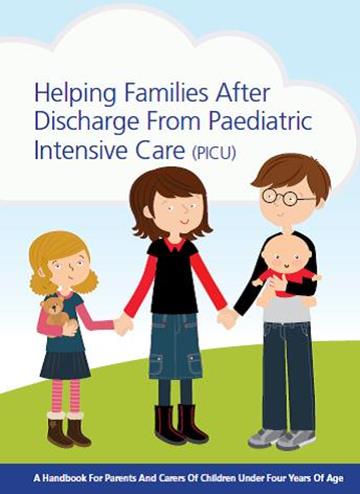
Many COSMIC volunteers got involved with the research and developing content for the booklet. The researchers worked closely with the volunteers – personal stories were shared, ideas were generated about important issues to cover, and invaluable feedback was given on drafts.
Dr Lorraine Als found the whole process extremely rewarding, “I felt extremely privileged to have families share their experiences with me and was humbled by their enthusiasm to help other families that might find themselves in a similar situation”.
The feedback from the publication of the book was overwhelmingly positive! One volunteer had this to say,
“I love love love love LOVE it!!!! I couldn’t think of anything that you could possibly change. I know that I would have found a leaflet like this very helpful for me when my son was ill”.
This was mirrored in the feedback from all volunteers.
“We asked the volunteers to complete a short feedback questionnaire and the results were very encouraging: 100% said they found the content of the booklet useful, 100% said if they had received the booklet it would have made them feel more prepared for life after PICU, and 80% said that if they had received the booklet they would have felt less anxious or concerned”.
The team are now applying to seek further funding from a national agency to develop the booklet further with the ultimate aim of rolling it out across London and the UK.
Sleep And Respiratory Research
Sleep And Respiratory Research
A fields of research that COSMIC have supported is research into respiratory and sleep disorders in children. Many children admitted to the PICU have trouble breathing or or continued respirataory or sleep problems.
Due to the support of Imperial College along with kind grants from the Sydney and Phyliss Charitable Trust we now have an established, collaborative research program into sleep disordered breathing in children.
The research project is utilising several high-tech pieces of equipment to track the breathing of children with repertory disorders, such as chronic asthma. One such piece of equipment is the ‘Sonomat’; a contactless sleep monitoring system which records information such as movement and breath frequency through special sensors and microphones embedded in the mattress. This causes less distress for the child, with no wires or bleeping monitors and also enables the child to be in a more comfortable environment. It also means that the study can happen at home in the child’s own bed.
Because of many generous donations from individuals and several trusts, we are able to continue to advance the fields of research into childhood breathing disorders, identify and lead to better monitoring and improved treatment of asthma in children.
Allergy research
Allergy Research
The Paediatric Department at St Mary’s Hospital is known for its incredible clinical expertise as well as the cutting edge research performed by the Paediatric Research Unit. One of the services conducting this kind of research are the Allergy Team, who work on anything from general allergies such as pollen and bee-stings to life-threatening food allergies in children of all ages with funding from COSMIC.
Allergy is one of the largest services at St Mary’s taking around 5,000 patients a year”. The Allergy Team see some of the more complicated cases and is known across the UK for being a ‘Centre of Excellence’ in the field.
The studies conducted by the St Mary’s Allergy and Research Team (SMART) Fund have gone on to make a real difference in the lives of children with allergies, such as the implementation of insect sting immunotherapy. This is a treatment for people who are allergic to bee or wasp stings and is a short course of immunotherapy, which boosts the body’s natural defences to fight the allergens created by those kinds of insects. After this treatment, children are effectively cured of their allergy, and will no longer have such a severe reaction if stung again.

Another focus of the SMART Fund is allergies in infants and young children as well as allergy prevention. The Allergy team played a key part in the Government commissioned pilot programme ‘Allergy Care Pathway’, also known as the ‘Itchy, Sneezy, Wheezy Project’. This project aimed to improve patient experience with allergies by “earlier recognition, accurate diagnosis and effective management”. The outcome of the scheme is “improving the health and quality of life” for children affected by allergies and their families.
Another programme the Allergy Team are involved in is the ‘BEEP’ (Barrier Enhancement for Eczema Prevention) study. This study is in partnership with Nottingham University and has been looking into the link between eczema and allergies. This study is looking into how healthy a baby’s skin is in the first few months of life”, which can affect how susceptible children are to having certain types of allergies, especially food allergies.
The Director of the Paediatric Research Unit Dr Robert Boyle’s primary interest is in the prevention of allergies and because of this he has created a programme called ‘Follow My Footsteps’, which is available to medical students at Imperial College London and is the only programme of its kind. It matches up to 70 students with expecting mum’s-to-be, and follows them throughout their pregnancy to the early stages of their child’s life. This is a great opportunity for medical students to learn about patient interaction as well as the importance of early life and how it can shape our future health.
The Allergy Services at St Mary’s have historically always been on the top of their game; with crucial treatments like allergen immunotherapy being invented here in by Dr William Frankland in 1946.
